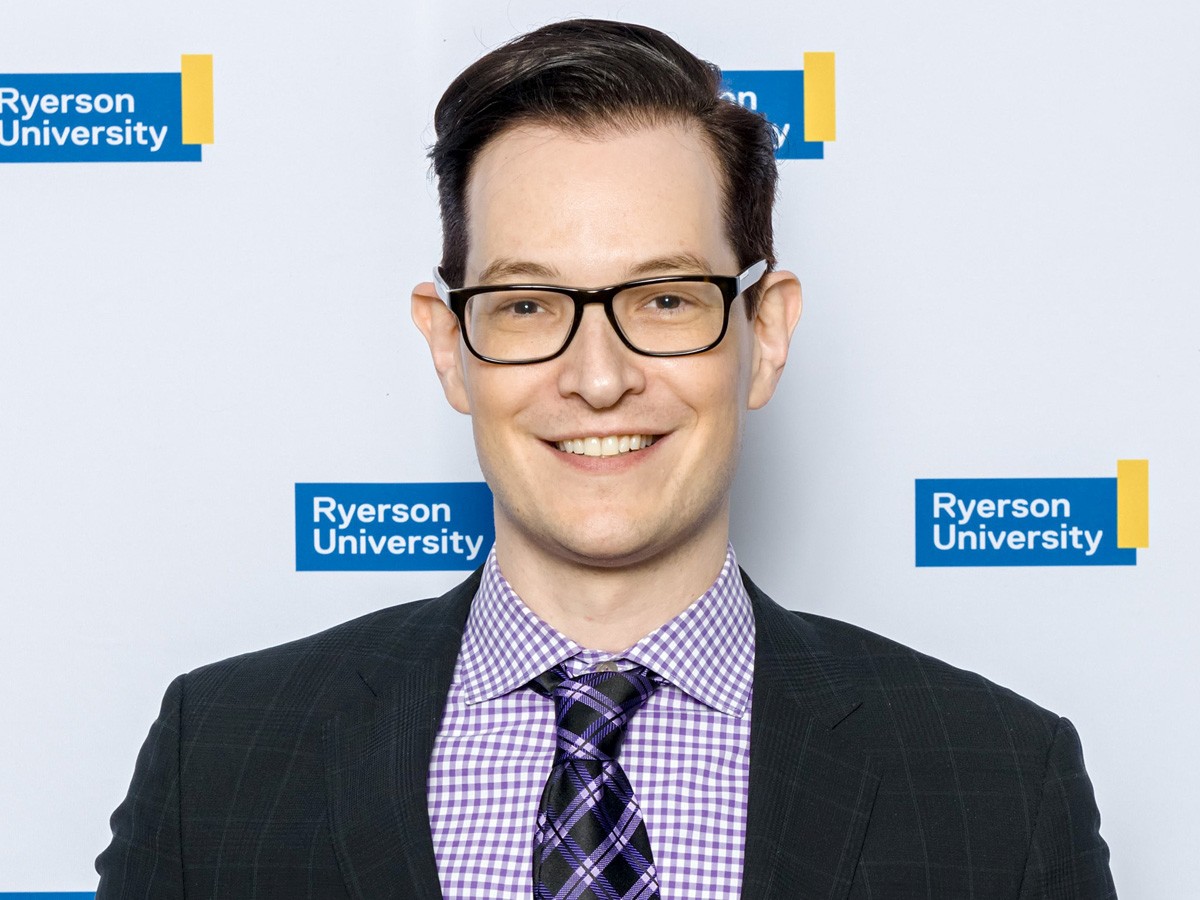Symposia
LGBTQ+
1 - (SYM 81) Minority Stressors and Connectedness Among Urban Bisexual versus Gay and Queer Men
Across Three Cities in Canada

Trevor A. Hart, Ph.D.
Professor and Director, HIV Prevention Lab
Toronto Metropolitan University
Toronto, Ontario, Canada- SS
Shayna Skakoon-Sparling, Ph.D. (she/her/hers)
Postdoctoral Research Fellow
Toronto Metropolitan University, Department of Psychology
Toronto, Ontario, Canada - JC
Joseph Cox, MD
Associate Professor
McGill University
Montreal, Quebec, Canada - NL
Nathan Lachowsky, PhD
Associate Professor
University of Victoria
Victoria, British Columbia, Canada - AK
Allison Kirschbaum, PhD (she/her/hers)
Postdoctoral Research Fellow
Toronto Metropolitan University, Department of Psychology
Toronto, Ontario, Canada - GB
Graham Berlin, MA (he/him/his)
PhD Student
Toronto Metropolitan University, Department of Psychology
Toronto, Ontario, Canada - MG
Mark Gaspar, PhD
Post-Doctoral Fellow
University of toronto
Toronto, Ontario, Canada - BA
Barry Adam, PhD (he/him/his)
Distinguished University Professor
Department of Sociology, Anthropology, and Criminology, University of Windsor
Windsor, Ontario, Canada - DB
David Brennan, Ph.D. (he/him/his)
Professor, Associate Dean
Factor-Inwentash Faculty of Social Work, University of Toronto
Toronto, Ontario, Canada - DM
David Moore, MDCM, MHSc
Research Scientist
University of British Columbia and Centre for Excellence in HIV/AIDS
Vancouver, British Columbia, Canada - HA
Herak Apelian, MS
Engage Montreal Research Coordinator
McGill University Health Centre
Montreal, Quebec, Canada - JS
Jordan Sang, PhD (he/him/his)
Medical Writer, Adjunct Professor
British Columbia Centre for Excellence in HIV/AIDS
Vancouver, British Columbia, Canada - JJ
Jody Jollimore, MPH (he/him/his)
executive director
Canadian AIDS Treatment Information Exchange (CATIE)
Toronto, Ontario, Canada - DG
Daniel Grace, PhD
Assistant professor
University of toronto
Toronto, Ontario, Canada - CG
Cornel Grey, PhD (he/him/his)
Assistant Professor
Gender, Sexuality, and Women's Studies, Western University
London, Ontario, Canada
Speaker(s)
Co-author(s)
Introduction: Among sexual minority men, gay, bisexual, and queer men (GBQM) may differ in their sense of belonging to a sexual minority community (community connectedness), outness about their sexual identity, and their experiences of proximal and distal sexuality-based stressors. Although group membership can confer unique benefits to members of marginalized groups, including GBQM, these benefits are likely unequal across the range of identity groups.
Methods: We analyzed data from 1,827 human immunodeficiency virus (HIV)-negative cisgender men in Canada. We examined how three different sexual identities, bisexual, gay, and queer, are associated with minority stress, social variables, and outness.
Results: Compared with queer and gay men, bisexual men reported greater identity concealment and internalized homonegativity, were less open about their sexuality and reported less perceived social support and lower community connectedness. Although bisexual men reported less discrimination, bisexual men who experienced more distal stress experienced much higher proximal stress. Specifically, after controlling for age, education, city, and financial strain, higher perceived discrimination was significantly associated with higher proximal minority stress (B=0.28, SE=0.05, p< .001, 95%CI[0.19, 0.37]) and bisexual identity significantly moderated this association (interaction term: B = 0.47, SE = 0.20, p = .019, 95% CI[0.07, 0.86].
Discussion: For bisexual men, concealing their bisexual identity may be protective against sexuality-based experiences of discrimination for these men (e.g., Lu et al., 2019). Relatedly, the results of the moderation analyses suggest that bisexual men may be particularly sensitive to the impact of experiences of sexuality-based discrimination in terms of their experiences of proximal minority stress (consistent with Feinstein et al., 2019). The current findings demonstrate that bisexual men may experience more challenges compared to other GBQM and may benefit from targeted interventions to support community connectedness, build alternative sources of social support, and buffer against the impact of heterosexist and monosexist minority stressors.

